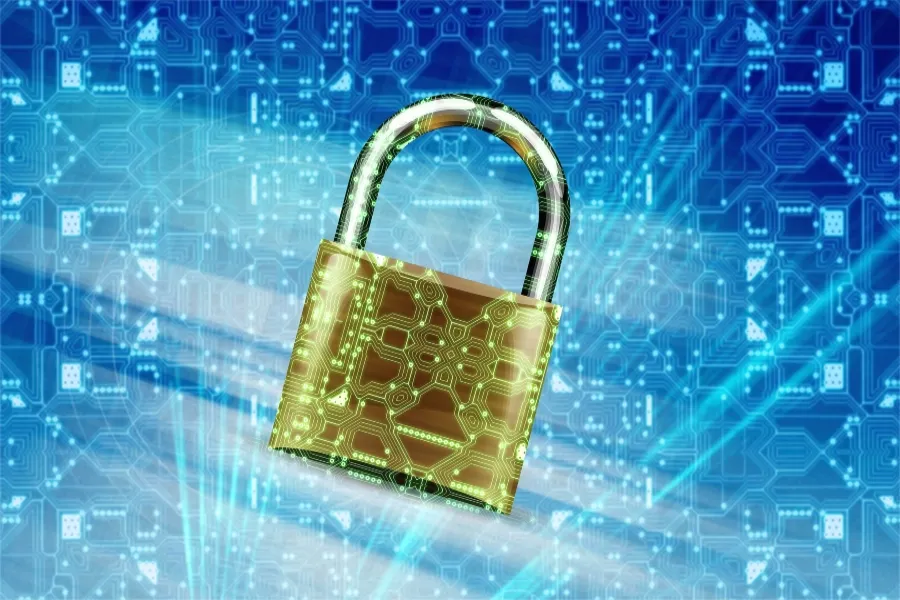
At the start of 2022, it was estimated that there were 4.95 billion active internet users globally. That means that 62.5% of the world’s entire population has access to the web via some sort of digital device and uses it regularly.
This is undoubtedly a great thing, but it brings challenges concerning data and identity theft. It’s a good idea to have some sensible and practical ideas to help protect you when online. What is the secret to protecting your data and identity? Here is some advice.
Encrypt Your Email
One of the easiest ways to ensure data and identity is protected is by setting up an encrypted email account. The benefit of encrypting email is that it significantly lessens the chances of hackers and cybercriminals being able to gain access to any sensitive information that may have been included in messages.
Many businesses already use this technology to assist them in the fight against cybercrime – in order to protect their assets and employees, but a more significant number of private citizens are now using it too.
Protect Your Wireless Router
Any wireless router, whether for home or business should be password protected. A password is another layer of protection that means only specific people with it can access the internet.
Without a password, it’s easy for hackers and cybercriminals to access sensitive data and information from your connection. As an added safety feature, it’s also possible to encrypt wireless routers – thus scrambling any data sent online, so no one else can see it but the people intended.
Make Stronger Passwords
This is advice that can’t be reiterated enough and something that many people still take for granted. Use different passwords for everything and always create strong ones, with a good mixture of upper/lowercase letters, numbers, and special characters.
Never use anything that can be associated with family connections like names, dates of birth, or phone numbers, and ensure that they are changed regularly too.
Add Blacklists To Web Browsers
Sometimes the security settings on web browsers can leave users open to hackers and cyber attacks in which data and identity theft become easier.
Many browsers now have extra security options like blacklisting, which is a great idea, as it means specific criteria can be set, and only trusted websites are allowed for browsing and visiting.
This is a handy feature to have enabled if children and teens are using a computer with internet access, or for businesses in which non-work internet use is prohibited.
Be Careful With Cookies
The familiar pop-up that implores us to ‘accept all cookies’ when we visit a website is one that should be approached with caution. Only enable them when required, and never otherwise.
For the most part, cookies are safe to install and have on your devices – but they can also provide a way for hackers to steal personal browsing information if there is a security attack of some kind on the particular site that has been visited.
Conclusion
From secure passwords to making sure encrypted email addresses are used, it’s easy to make some small changes to ensure that data and identity theft are something that should still be a concern – but not as much of a worry as they could be.




















